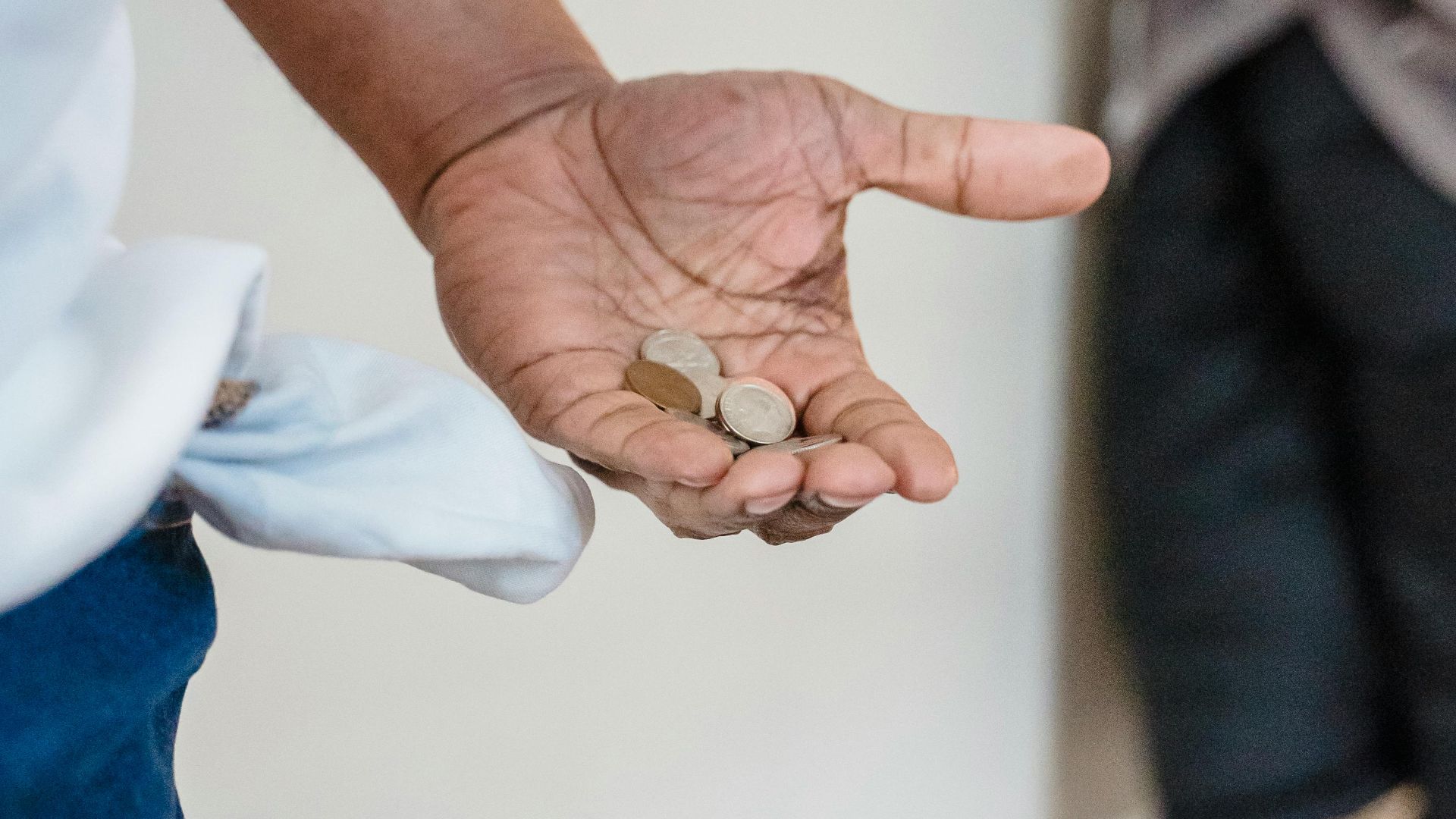The Poverty We Don’t Talk About
When most people hear the word “poverty,” they think of money. But there’s another kind of poverty quietly shaping our lives: Time Poverty. That exhausting sense that the day ends before you’ve had a chance to live it—leaving little left for joy.
Unlike money, you can’t earn more time, and this scarcity of time is taking a real toll on our health, happiness, and relationships.
What Exactly Is Time Poverty?
Time poverty is defined as not having enough discretionary hours after work, caregiving, chores, and basic needs. The World Bank frames it as “an insufficiency of time for rest and leisure after performing necessary activities.” It’s not just about busyness—it’s about lacking the freedom to use time the way you want.
Now that we know what it is, the question becomes—how common is it?
A Growing Modern Epidemic
A 2023 Wondr Health survey found that: 62% of U.S. workers admitted they don’t use all their paid time off, leaving nearly one-third of vacation days going unused. This unused time isn’t a luxury—but rather a sign of a culture where people feel they can’t step away.
That reluctance ties into something deeper—our pressure to always be “on.”
The Pressure to Always Be “On”
Sociologist Juliet Schor once said, “Americans are literally working longer hours than they did in the 1970s.” The “always available” expectation makes leisure feel like a guilty pleasure instead of a right. Time off becomes harder to justify—even when it’s earned.
The result? Millions of vacation days wasted each year.
PTO Left on the Table
Unused vacation is staggering. U.S. workers left 768 million vacation days unused in 2018 alone, according to the U.S. Travel Association. That’s billions of lost hours that could have been spent on family, friends, or simply rest.
Put together, the numbers paint a sobering picture.
Time Poverty in Numbers
• 62% of U.S. workers skip PTO (Wondr Health)
• 4.5 hours/day of unpaid labor done by women (Gates Foundation)
• 768 million days of vacation left unused (U.S. Travel Association)
• Time poverty reduces well-being as much as joblessness (Harvard Kennedy School)
But what’s actually driving this scarcity of time?
Why Are So Many People Time Poor?
Technology has blurred the line between work and home. Slack messages, emails, and “urgent” texts mean many workers never fully switch off. Add long commutes, caregiving, and side hustles, and it’s no wonder people say they’re running on empty.
And even the hours we do have often get swallowed by screens.
Digital Distractions Steal Our Hours
Ironically, the very devices designed to save us time often do the opposite. Americans spend over 7 hours per day on screens, according to DataReportal. Much of that isn’t work—it’s mindless scrolling, cutting into rest and hobbies.
And it’s not just tech. Inequality makes time even scarcer for some groups.
The Inequality Factor
Low-income workers are especially vulnerable. Long hours, multiple jobs, and unreliable shifts leave little room for rest. A LISEP study noted, “The working poor face time scarcity that halts the pursuit of the American Dream.” For them, time is as scarce as money.
Women, too, face unique pressures that amplify time poverty.
Women Carry the Heaviest Load
Globally, women perform 4.5 hours of unpaid work daily, nearly double that of men, according to the Gates Foundation. Cooking, cleaning, caregiving—these tasks often go uncounted in economic statistics but create enormous time poverty for women.
And this isn’t just an American story—it’s a global problem.
A Global Issue, Not Just American
The OECD has tracked rising workloads worldwide. In countries like South Korea and Japan, long workweeks and cultural pressures create some extreme time poverty, which sometimes ties directly to health crises like karoshi—death from overwork.
The Mental Health Toll
A Harvard Kennedy School paper found that time poverty reduces well-being as much as unemployment. Constant rushing and lack of rest are linked to anxiety, depression, and burnout—sometimes even when people technically have free hours but feel too stressed to enjoy them.
And it doesn’t stop at mental health—the body suffers too.
Physical Health Suffers Too
Research shows time scarcity can raise cortisol levels, disrupt sleep, and lower exercise rates. One 2024 TIME report even noted that employees who feel time poor are less likely to eat well and more likely to report health problems.
And while some people might think money could fix this...the evidence says otherwise.
Why Money Doesn’t Solve It
High salaries don’t protect against time poverty. In fact, higher-paying jobs often demand longer hours. As author Ashley Whillans wrote in Harvard Business Review, “People with money but little time are often less happy than those with modest incomes but more control of their schedules.”
Yet our culture still glorifies busyness as a mark of success.
 Photo By: Kaboompics.com, Pexels
Photo By: Kaboompics.com, Pexels
The Badge of Busy
In American culture, busyness is often mistaken for success. A study published in the Journal of Consumer Research found that when people describe themselves as busy, others tend to perceive them as more important and ambitious. But the cost of this “badge” is exhaustion.
And beyond exhaustion, there are hidden costs to our quality of life.
The Hidden Costs of Time Poverty
When time for hobbies, relationships, and self-care disappears, quality of life declines. Friendships weaken, physical activity drops, and creativity fades. These aren’t luxuries—they’re essential parts of being human.
So, can anything be done to reclaim our hours?
Can You “Buy Back” Time?
Some research suggests yes. Spending money on time-saving services—like grocery delivery or house cleaning—can increase happiness. But this option isn’t available to everyone, reinforcing class divides in who suffers most from time poverty.
For most of us, the answer lies in small but intentional choices.
Small Steps to Reclaim Time
Experts recommend:
• Setting strict digital boundaries (no email after 7 p.m.)
• Scheduling leisure like a work meeting
• Using PTO without guilt
• Delegating or outsourcing when possible
But this isn’t just about individuals—organizations play a big role too.
What Organizations Can Do
Forbes reports that some companies now encourage “mental health days,” mandatory PTO, and no-meeting Fridays. Leaders who model balance help shift the culture away from constant grind.
At the heart of it, though, is a need to redefine what success really means.
Rethinking Success
Ultimately, escaping time poverty requires a mindset shift. As Melinda Gates once wrote, “Time poverty is an inequality that undermines women’s potential. But it affects everyone.” Success isn’t just money or status—it’s having the time to live fully.
Because at the end of the day, time—not money—is our most finite wealth.
You Might Also Like:
Wellness Tips That Save You Money in the Long Run
How This 25-Year-Old Makes $7,000 A Month From Her Side Hustle
Benjamin Graham, Warren Buffett, And The Intelligent Investor

























